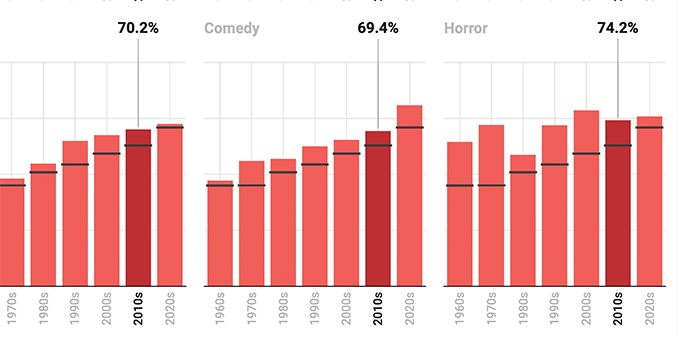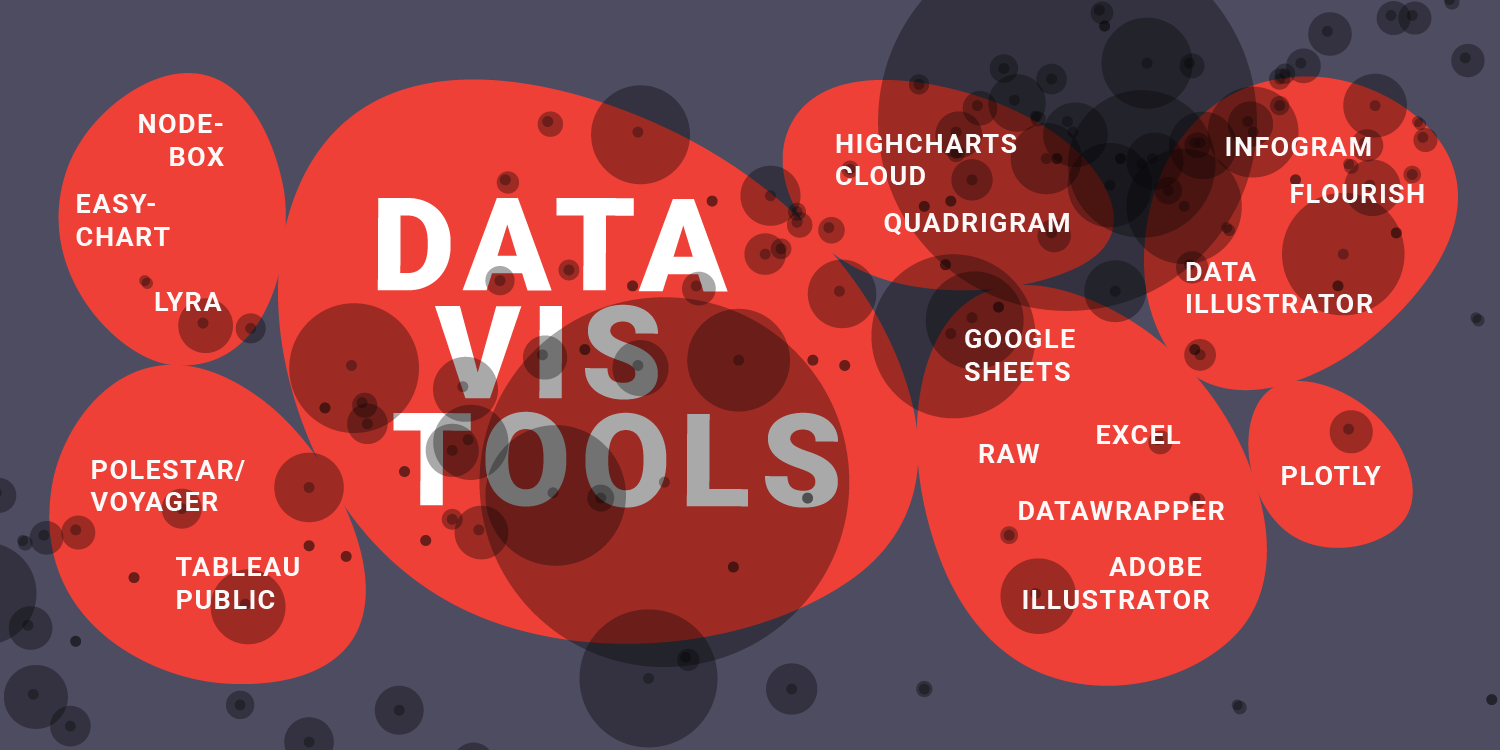In this blog post, I write about observations I made while speaking at a fair amount of conferences for three years. There’s another one in the making in which I’ll try to help you figure out if you should rather write a blog post instead of speaking at a conference.
I divide the conference world into two fields. I call them “They want you” conferences and “You want them” conferences.
It’s very likely that you are more familiar with “You want them” conferences, so let’s look at them first:
“You want them” conferences
The audience: These are the conferences where you finally meet everyone from Twitter. You are excited to speak there because your hero x is speaking, too. It’s lots of funs. Everyone speaks to “themselves”; to people who are in the same field. You can immediately speak on a high level about your topic. A typical feedback you get on your talk or in a conversation is “Yes, and…” or “Have you read this paper/book?”

Your impact: Your talk will have an impact on your field. Often, this impact is small but deep. You might change the tool someone is using to solve a certain problem. You might change how and what people brainstorm before their next project. You might change their priorities in a project.
How you get there: If you’re not the hero x for hundreds of people, you will need to submit a talk proposal. In the beginning of your speaking career, your proposal often gets rejected. It’s a numbers game. When one of your talks finally gets accepted, you jump around in your flat, grinning like crazy. You get your ticket for free (and save 100-400 bucks, yay!), and in the best case your travels, too. Sometimes just up to 1000 Euro. Sometimes just the hotel. But who cares – you’ll be united with your peers, and that’s definitely worth it.
Examples: OpenVisConf, Information+, IEEE VIS.
“They want you” conferences
After speaking at “You want them” conferences for some time and building a reputation, you will get emails. They’re always formal like heck, and they go like this: “In 9 months and 5 days, a conference with the fancy title x will happen. It’s about business / digital / content / big data. Leaders of industry x will come. Please give talk x you gave 2 years ago. How much money do you want?”
The first time I got such an email, I was naively confused. People want to give me money to speak? Nobody at the “You want them” conferences I’m used to wanted to give me money!
I figured out why this is: At “You want them” conferences, you get something back for giving a talk: Fun with peers. Advice. Feedback. Rumours. Inspiration to improve your work.
The “They want you” conferences can’t offer that. Be aware of that to not be disappointed. You will know nobody at this conference. The other talks will not be relevant to your work. In the best case, you’re a freelancer and meet potential clients. If that doesn’t apply, there’s nothing you get back – so they need to give you something else: Money.

The audience: Business people whose companies paid 2000 Euro for their ticket. In most cases, you have absolutely no idea what they’re doing. And they don’t have any clue what you’re doing. They know neither you nor your field; even if your hero x within your field already. You will need to explain things on a low level. And there will be two kinds of questions afterwards:
1 Questions that have nothing to do with your talk, but with your field. If your talk is about a specific charting tool, this one guy might want to know what you think about manipulating with data vis. For you on the inside, your field seems incredible big and these two topics incredible far away from each other. For the guy on the outside, your field seems small and it’s all related. Of course, you would ask similar unrelated questions if this guy would give a talk about his field. So be patient, smile, reply and see it as a great opportunity to find out what outsiders think about your field.
2 Questions that connect your field with them. “So, I’m working in industry x. We have this very specific problem when it comes to our dashboards. Do you know a solution to that?” or “Do you have good examples of data vis in industry x? I work in industry x.” Again, you would ask the same kind of questions if someone would give a talk that’s so far away from your field. So again, be patient, smile, do your best to reply and ultimately admit that you’ve never thought about their question.

Your impact: Your talk will have an impact on other fields. Often, this impact is broad but shallow. “This was eye-opening”, you might hear; or “I never thought about this.” Since they have very little to do with your field, they might not change their actions, though. In the best case, they’ll make your field a bigger priority in their company.
How you get there: After receiving that email I mentioned at the beginning, you will need to think of your price. That price should compensate for the time and stress to communicate with the conference, prepare your talk, travel, being away from home and to give the talk. It should also compensate for the stuff you could do if you wouldn’t go to this conference (opportunity costs). And it should take into account who invites you and where they are based. Communicate that price (plus a bit extra for negotiation). If they tell you a lower price and you don’t need the money, say “well then” and wait for the next email. If they tell you a lower price and you need the money, say “yes” and hope that other people will see you at the conference who will then invite you to even more paid speaking gigs.
Examples: I’m afraid most of us would not know the names of these conferences anyway.
The conferences in-between
Like always, I’m exaggerating without limits. Of course there are not only these two extremes of conferences. Here are some shades of grey:
Tiny conferences (also called Meetups): In our wonderful world, there is a space where you don’t need to be hero x to be asked to give a talk and where you almost always get accepted if you want to give a talk: Meetups. Sure, the audience is small and local. The projector might be from 2005. And they don’t pay for your travels. But it’s a great place to see if speaking is something you enjoy and to practise the talk you will give at the big conference overseas.
Conferences for half of your field: Maybe you’re known in a niche that’s the overlap of two bigger fields: E.g. data vis and journalism. You understand the journalists, but you also understand the data vizzer. That’s great! You could talk about the world of data vis on journalism conferences and the other way round. I’ve done that in both constellations: On “They want you” & “I want them” conferences.

”You want them” conferences, but for tons of different fields: Some of the hyped conferences out there are massively big. I just came back from the Chaos Communication Congress, where all kinds of fields smash together: Art, Front-End, Journalism, Privacy, etc. Still, I really wanted to give a talk there two years ago. And I did. And I got the same questions that I get at “They want you” conferences. And it was great.
”You want them” conferences, but for another field: You might get invited to a cozy conference that’s a big deal for another creative or nerdy field…but you’ve never heard of it. And they can’t pay much. It’s a good idea to ask the organisers what else you could get out of this conference: Who are the others speakers? Maybe you are excited about someone? And will there be a recording of your talk? If you’re planning to finance your life with speaking gigs, these conferences are also a great way to become the most popular expert of your field within another field.
Favors: Sometimes, friends organize an one-dayer in their field, in your city, and they ask you to speak. All the thinking about what you can get out of it don’t really apply here. They’re friends, after all.
That’s my little take on conferences out there. It’s possible to divide conferences into far more than these two categories. However, I found this categorization especially helpful to ask myself honestly what I get out of speaking at which conference. Let me know about your experiences!






Comments